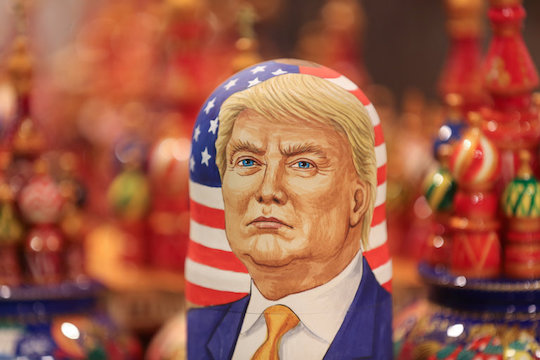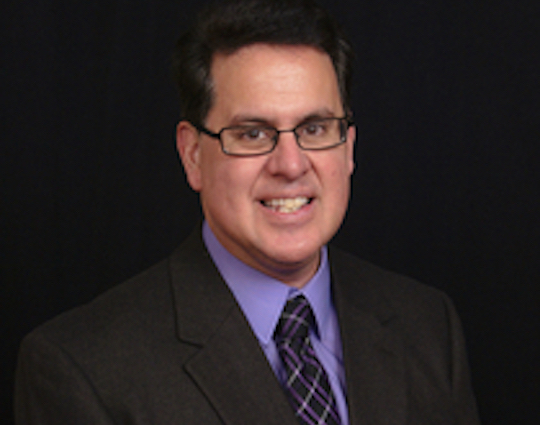Like many people, I would like to believe that Russia made Donald Trump president of the United States. That would solve a lot of problems for me—for example, the problem of reconciling tomorrow’s inauguration with my faith in American democracy and the people who operate it. That took kind of a hit in November. As a person who would not like to see Trump and his ilk win again and again, believing Russians hacked the election would also relieve me of my concern that Democrats could not beat the worst presidential candidate in American history.
But that phrase—“Russia hacked the election”—is simplistic and dumb. There is no evidence that Russia or its agents did anything to interfere with ballots or their counting. No election-related computer systems were compromised. Russians “hacked the election” by releasing to the public emails from the Democratic National Committee and John Podesta. Surely, Russia favored Trump, because it could have done the same thing to him but didn’t. But the fact remains that Russia “hacked the election” only in the sense that it gave voters accurate information about Clinton they didn’t already know.
The actual election—the part where Trump becomes president by winning the electoral college—happened at the will of the American people in accordance with our constitution. It’s completely terrifying and sad that it happened that way—more terrifying and sad, probably, than if the Russians changed the vote count. But we should confront this state of affairs in our politics, so we can cure it. Blaming the Russians and declaring Trump illegitimate only denies that we are sick.
It is for this reason I must humbly disagree with Rep. John Lewis (D-Ga.), who told Meet the Press he will not attend the inauguration because he does not consider Trump a legitimate president. Lewis is a damn hero, and he can do whatever he wants. But I think it’s a mistake to pretend that Trump did not ascend to the presidency within our existing system, according to the will of the American people constitutionally expressed. Russia didn’t do this. We did. I think we should reckon with that, and the narrative that Russian interference renders the result of this election illegitimate lets us off the hook. You can read all about it in this week’s column in the Missoula Independent. We’ll be back tomorrow with Friday links!


